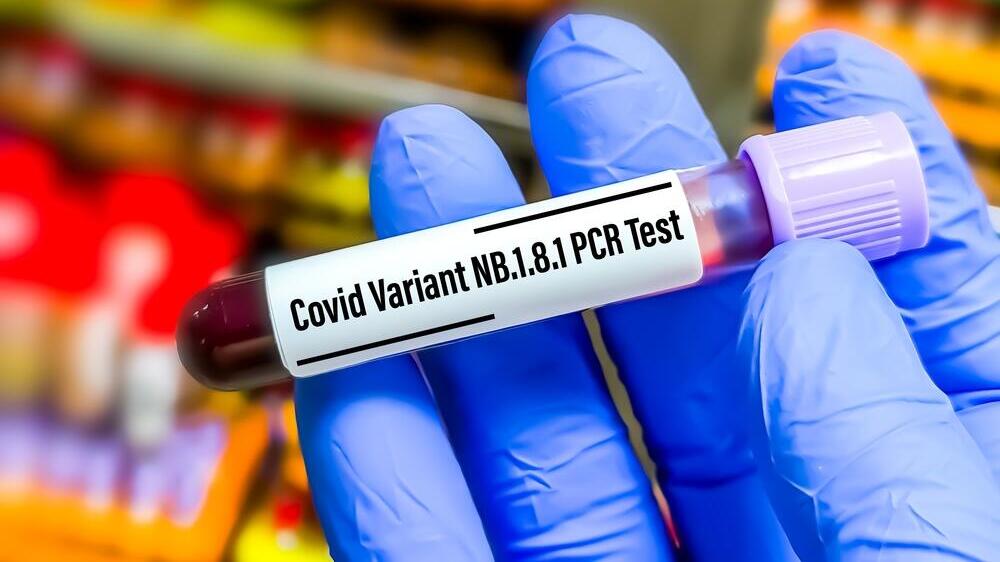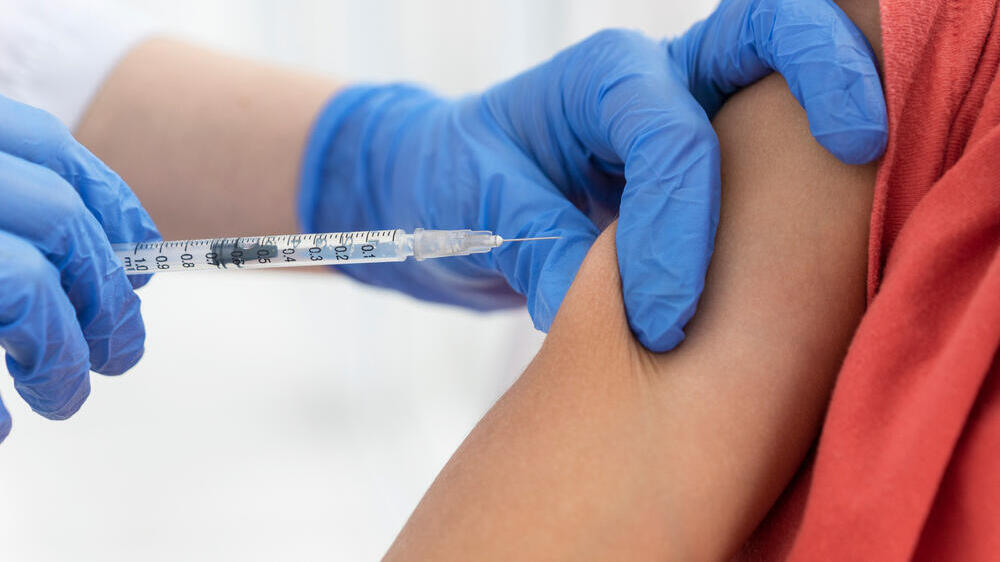Around the world, new coronavirus variants are being nicknamed “Nimbus” (NB.1.8.1) and “Stratos” (XFG). But according to Prof. Tal Brosh, head of the Infectious Disease Unit at Assuta Ashdod Public Hospital and chair of Israel’s national epidemic response team, the branding is more flash than substance.
“They’re more contagious,” he explained, “but there’s no evidence they’re more dangerous than earlier strains.”
Dr. Yossi Ben Michael, an ear, nose, and throat specialist at Clalit’s Remez Clinic in Rehovot, said the Stratos variant—currently under World Health Organization monitoring and expected to dominate in the U.S.—has a primary symptom of hoarseness.
Treatment is focused on relief: lozenges, antiseptic throat sprays, reflux medication when needed, and rest. If swallowing or breathing difficulties appear, medical attention is required, but otherwise recovery typically comes within two weeks.
Brosh emphasized that the symptoms—sore throat, hoarseness, cough, or loss of voice—are not unique. “These are common to all respiratory infections. You cannot distinguish between variants just by symptoms,” he said.
The real problem, he warned, is widespread public indifference. “We’re seeing extensive illness, hospitalizations, serious cases, and a heavy burden on the health system—while the public, media and even much of the medical establishment ignore it,” Brosh said.
At Assuta Ashdod alone, he added, “not a day passes without at least three new COVID admissions. In larger hospitals, the numbers are even higher. The disease comes in waves—better months and worse months—but it never disappears.”
One of Brosh’s biggest concerns is Israel’s vaccination rate, which he called alarmingly low. “In Scandinavia, 70% of adults were vaccinated in the past year; in the U.S., over 40%. In Israel—less than 1%,” he said. “We went from leading the world to ranking among the worst in the developed world.”
The drop stems from multiple factors: vaccine fatigue, public mistrust following the aggressive 2021 campaign, the psychological desire to move past COVID, and public focus on the ongoing war. Adding to the challenge, vaccine supplies have become tighter, making it difficult to book appointments.
Brosh’s recommendation is clear: “For adults over 65 and people with underlying health conditions, annual vaccination is essential. A frail elderly patient has much to gain from a COVID shot, just like with flu vaccines.”
Data support the warning. In the past year, 1,800 adults were hospitalized with COVID, 74 required intensive care, and 276 died within 30 days. “These are usually patients already vulnerable, whose condition deteriorates because of the virus. It’s tragic that we let this continue without acting,” he said.
For younger, healthy individuals, there is no firm recommendation, though Brosh noted vaccination can reduce the risk of infection. “Most young people experience mild illness, sometimes without even realizing it. But vaccination is still possible and safe.”
Alongside vaccines, effective treatments exist. Paxlovid, an antiviral medication, can significantly alter the course of the disease, especially in high-risk patients. According to Clalit Health Services, only 275 courses of Paxlovid were dispensed nationwide in the past year.
Brosh’s message is one of balance. “There’s no need for panic—but also no room for total apathy. Just as diabetes or flu remain part of our lives, COVID is here to stay. The key is annual vaccination for high-risk groups and recognition that the virus hasn’t gone away.”




